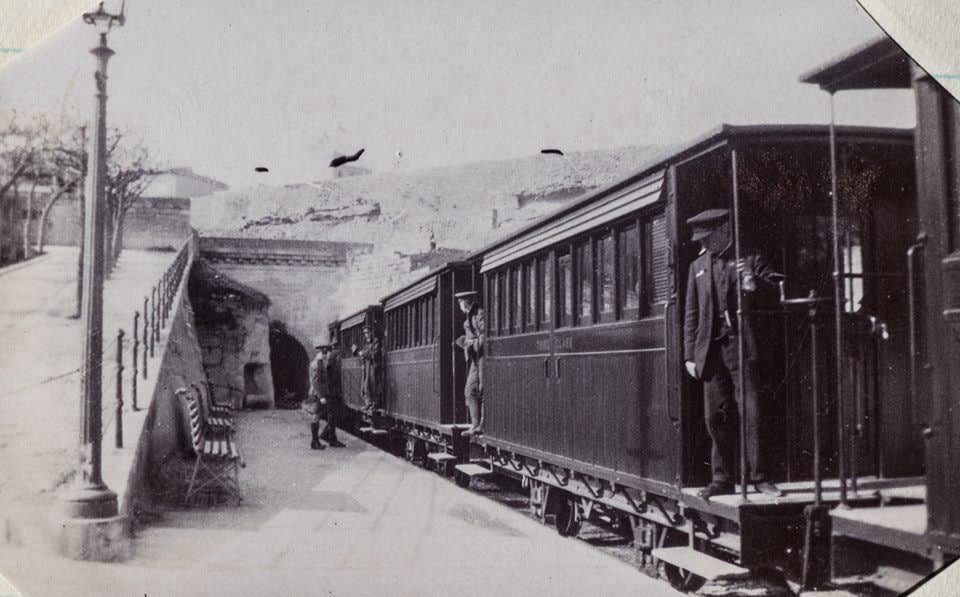1935 - 1939
Italy against the allies
Tension runs high in Malta due to the possibility of Italy entering the war against the allies. (to 1939)
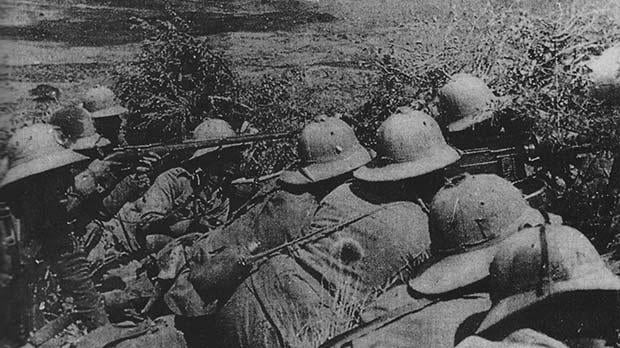
1935 - 1939
Tension runs high in Malta due to the possibility of Italy entering the war against the allies. (to 1939)

1934
English and Maltese are declared the official languages of Malta, to the exclusion of Italian which had been the primary language of government, commerce, education and culture in Malta for more than 800 years.
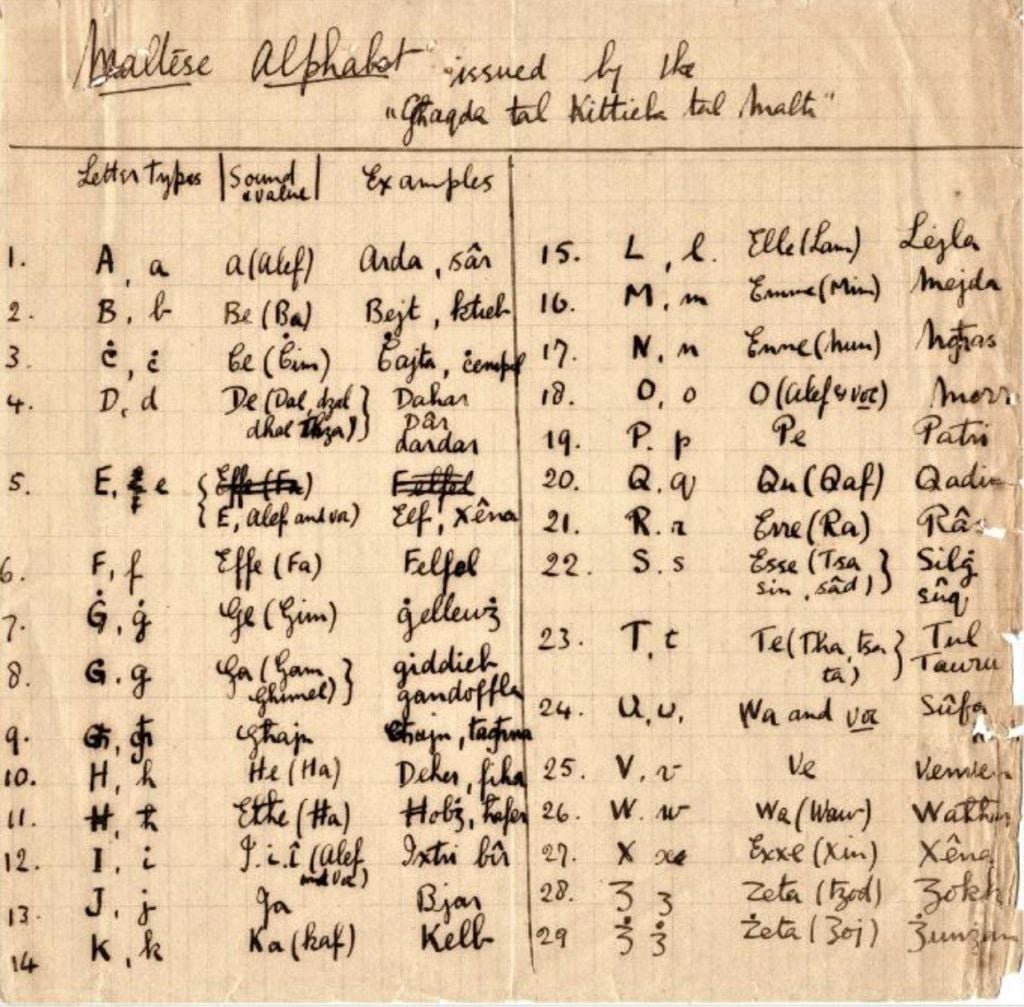
1930, March 31
The Malta Railway service is terminated.
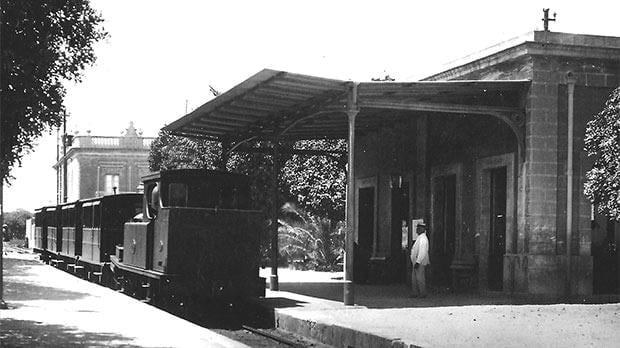
1930
The 1921 Constitution is suspended.
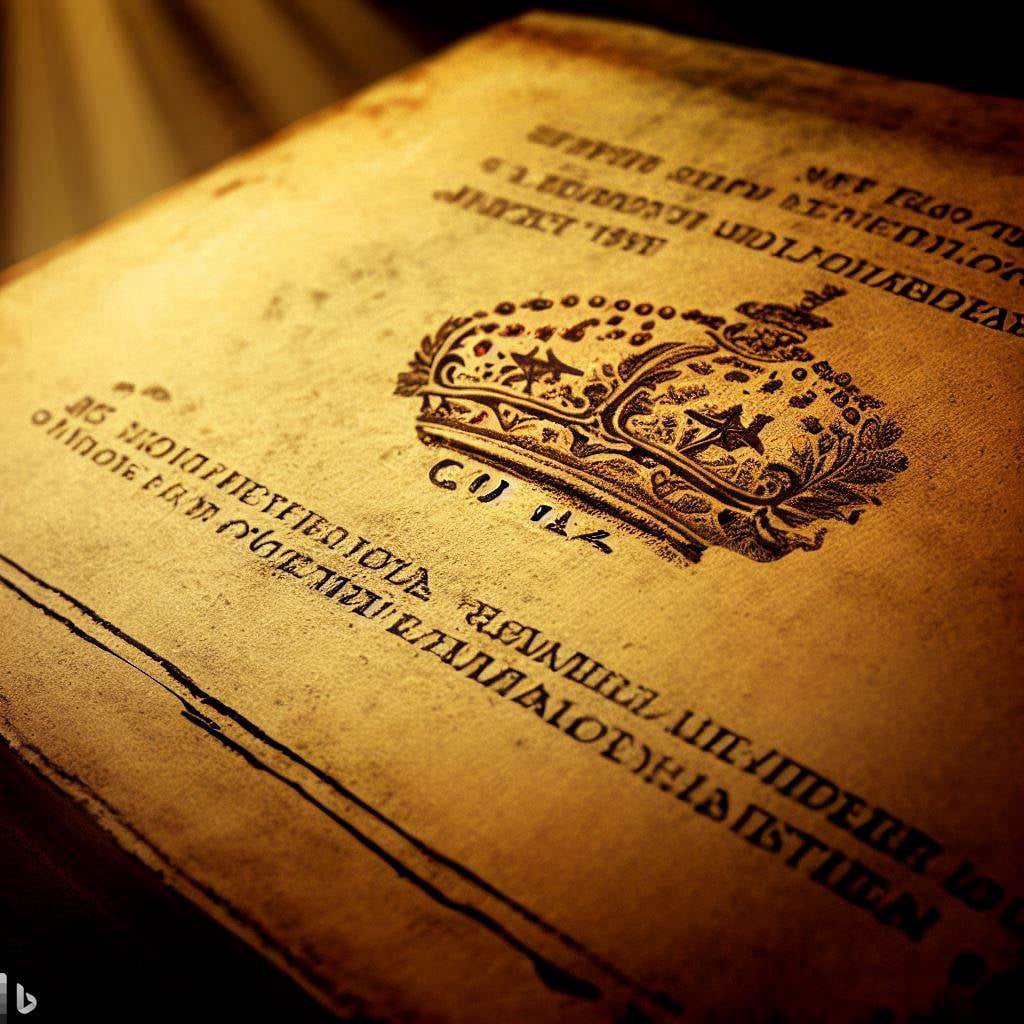
1929, December 15
The Malta Tramway service is terminated.
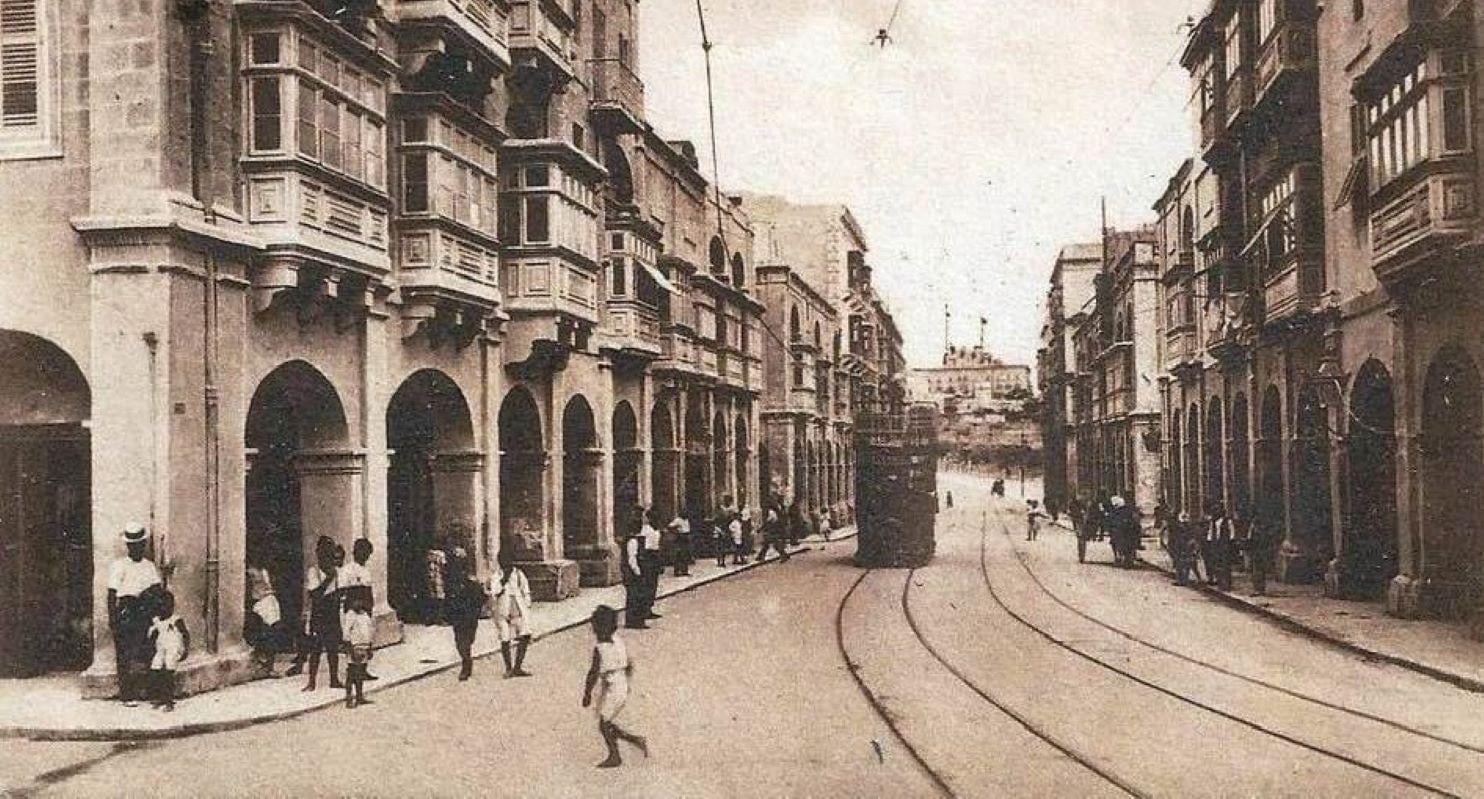
1921, November 1
The first Legislature is officially opened.
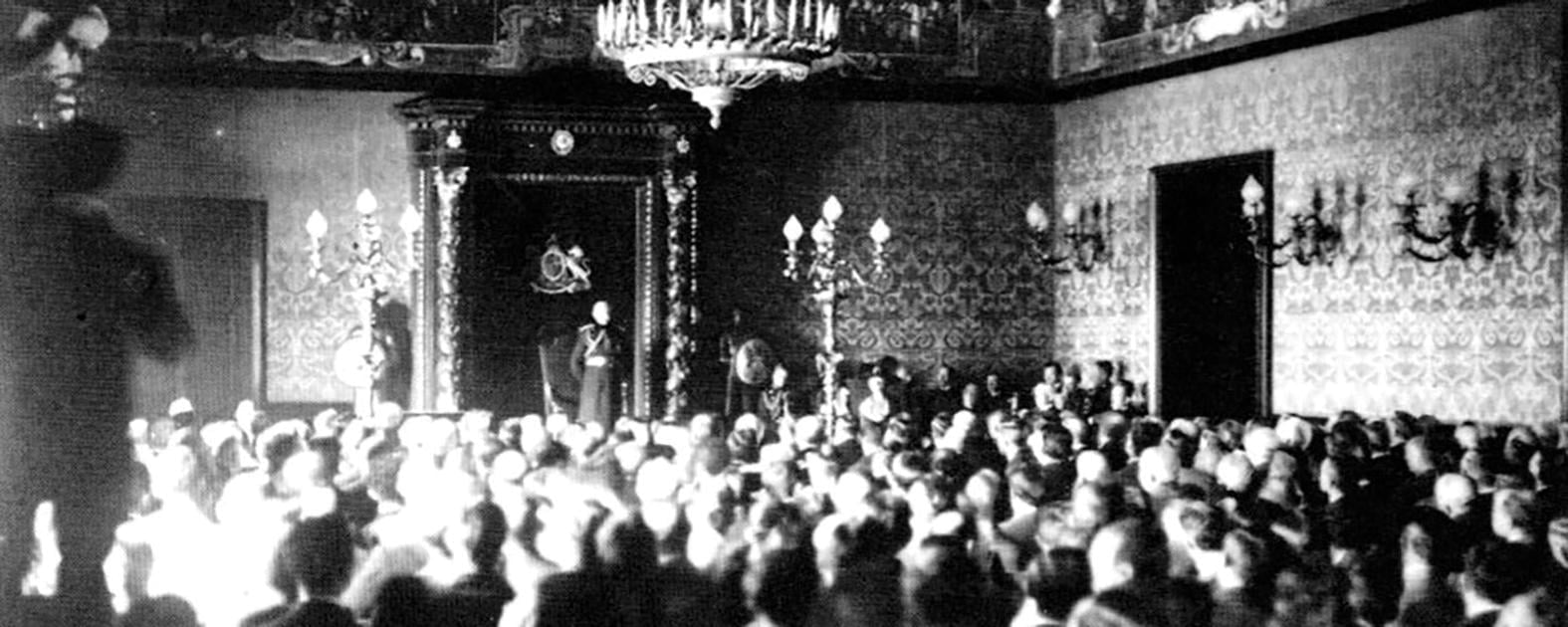
1921, April 14
Constitution of 1921 is promulgated, and it grants autonomy by providing for a bicameral legislature with the power to legislate on all matters not considered 'reserved' for colonial interest.
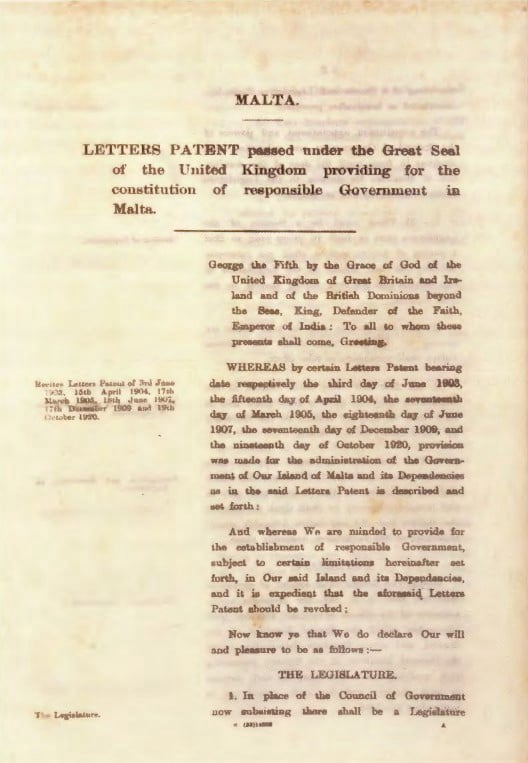
1919, June 7
Sette Giugno protests over increases in the price of bread. British soldiers fire on the crowd and kill four Maltese protesters, during a violent riot instigated by students. The protests lead to greater autonomy for the Maltese.
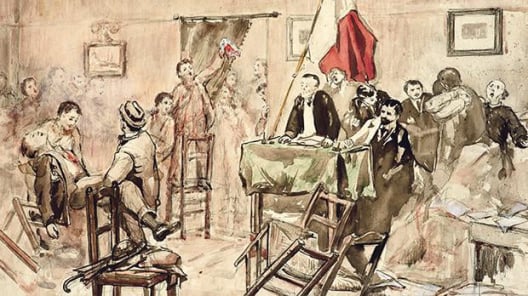
1917
Dr. Enrico Mizzi is court-martialled for sedition, and sentenced to one year imprisonment. His sentence is subsequently commuted, and a pardon is issued.
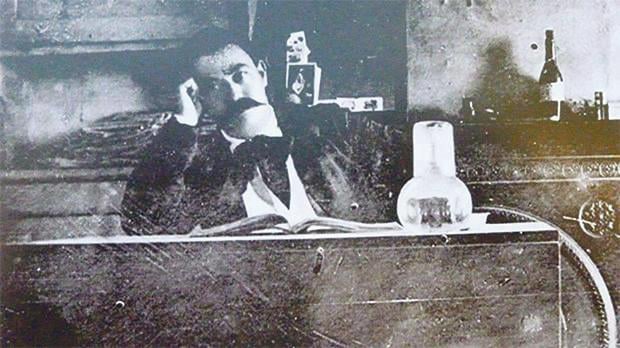
1914 - 1918
Throughout World War I, especially following the failed invasion of Gallipoli, many casualties are shipped to hospitals in Malta, resuming its role as the Nurse of the Mediterranean. (to 1918)
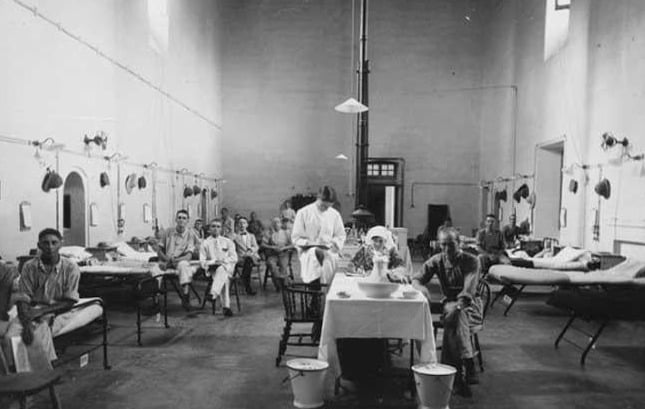
1912
Dr. Enrico Mizzi, a staunch supporter of the italianità of Malta, proposes in a journal article that Britain could exchange Malta for Eritrea with Italy, on the understanding that Britain would be granted access to Maltese harbours and facilities. The article proposes an Italo-Maltese federation, with elected Maltese representatives in the Italian parliament.
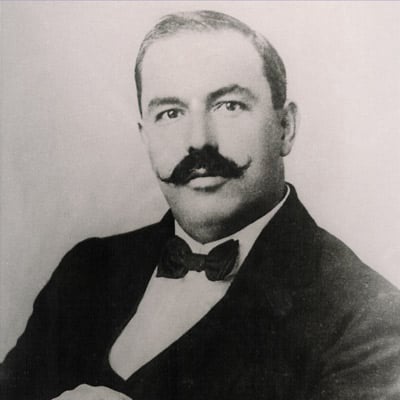
1908, July
Malta Tramways Limited assumes operations of the electric tramway service.
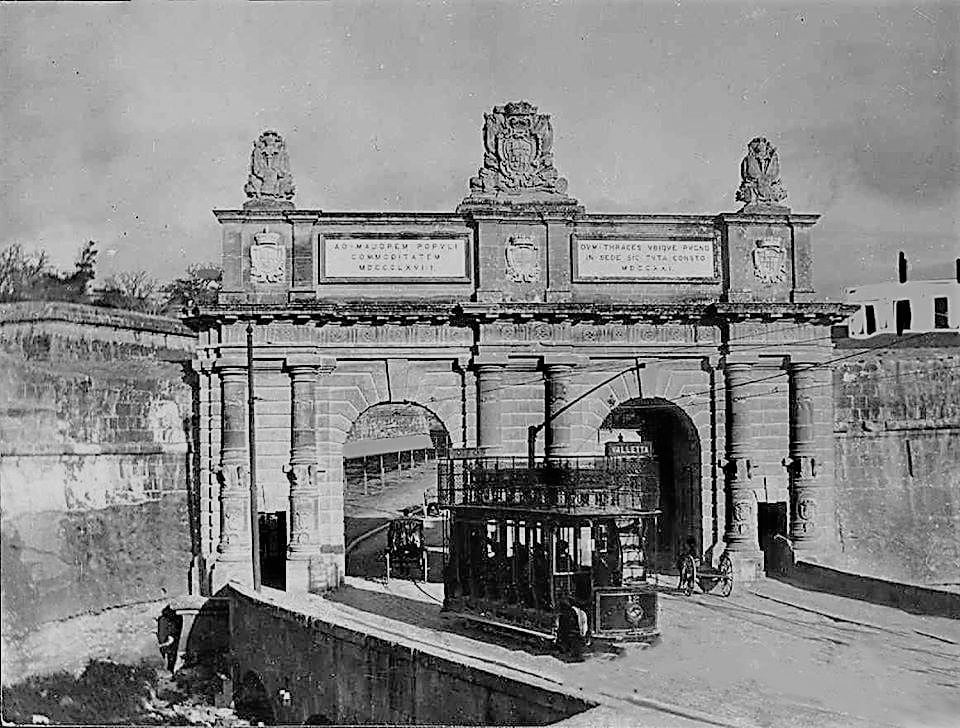
1905, February 23
An electric tramway service is introduced in Malta by McCartney, McElroy & Co. Ltd., connecting Valletta, the Three Cities, and Żebbuġ and Ħamrun.
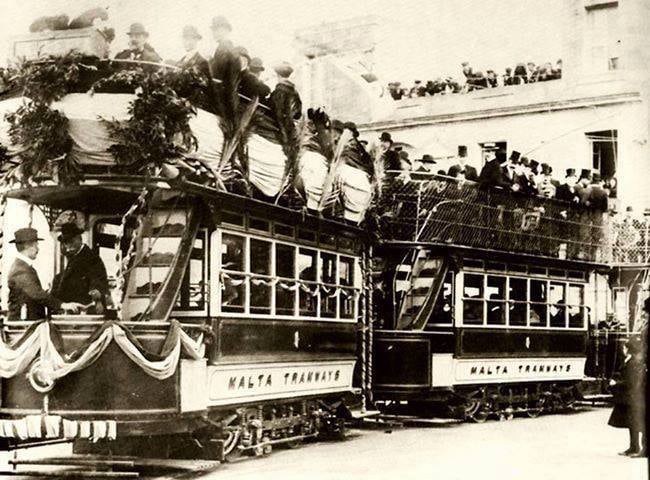
1900
The Malta Railway line is extended to Mtarfa Barracks.
